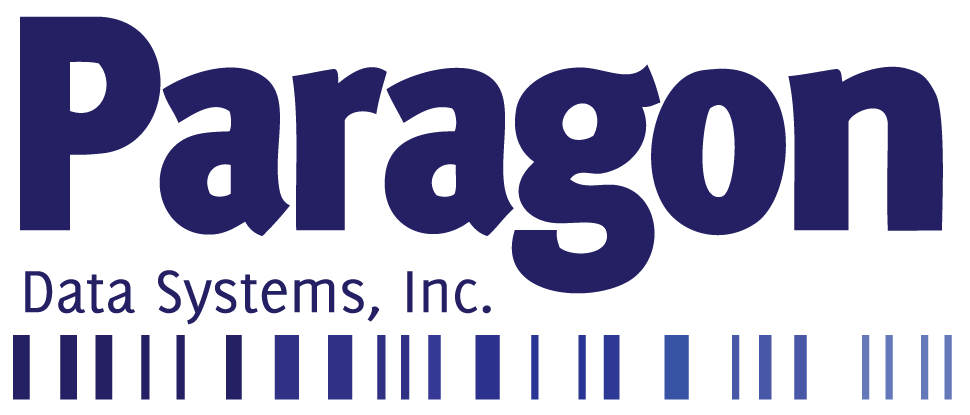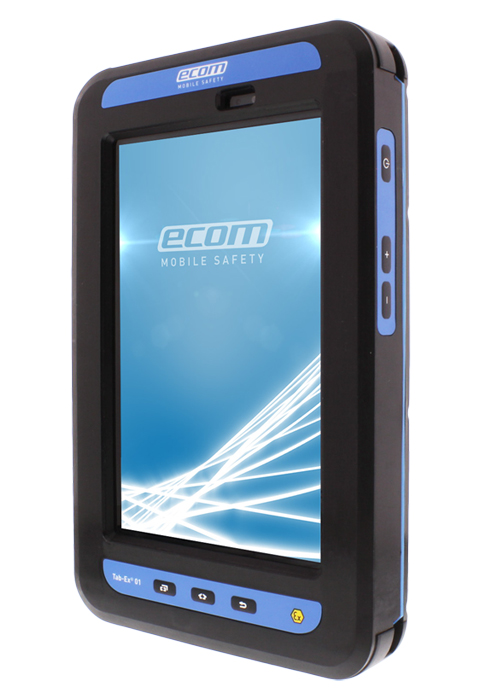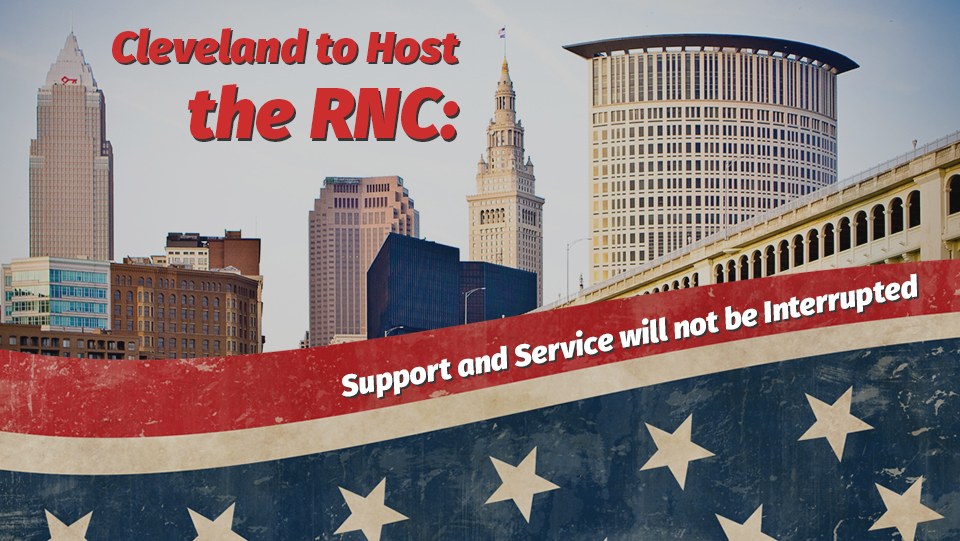 “Traceability” isn’t just a buzz word in food manufacturing today; it’s required by the FDA, and you’ll want to do it right. No manufacturer wants to distribute unsafe products, but in today’s world of complicated, large scale food manufacturing, mistakes can happen, and these mistakes have the ability to negatively affect millions.
“Traceability” isn’t just a buzz word in food manufacturing today; it’s required by the FDA, and you’ll want to do it right. No manufacturer wants to distribute unsafe products, but in today’s world of complicated, large scale food manufacturing, mistakes can happen, and these mistakes have the ability to negatively affect millions.
Fortunately, intuitive technology exists to help ensure that manufacturers always know where their food products are located, where they came from and where they’re going. This is especially important when food-based recalls occur. These recalls have been increasing in severity and complexity over the past several years, due to that fact that most big manufacturers are multinational and their distribution is so widespread.
Recalls can be detrimental financially, including the direct costs that come from destruction of tainted food products, the removal of products from the market, compliance costs, media costs, replacement products and legal fees. However, the repercussions also extend beyond government penalties and lost production, as recalls can also quickly have a negative effect on customer loyalty. Sunland’s disastrous handling of their 2012 recall of salmonella-tainted peanut butter was so damaging to their brand that the entire company, once an industry powerhouse, went bankrupt under the sheer weight of lawsuits and the refusal of consumers and businesses to continue using their products. If your business relies on inefficient recording, tracking, and reporting protocols, your brand could face a similar catastrophic meltdown. When a simple Tweet or share on Facebook can quickly turn a small mistake into a large public scandal, it’s easy to see why recalls can become global in no time, and why manufacturers are expected to quickly identify and pull all affected products- no matter where they are in the supply chain.
For food traceability systems to be truly effective, there must be a shift to automated processes so that high quality data is stored, captured and synchronized automatically. This allows for a central database of information within the supply chain, creating a clear connection of operations between distribution centers, manufacturers, suppliers, transportation operations and warehouses. Businesses using non-automated methods of recall often waste more than necessary, or fail to react fast enough to prevent food-borne illness.
Investing in mobile technologies and hardware such as RFID, rugged mobile computers, and bar code scanners can help lessen or remove the burden of maintaining data accuracy by creating real-time synchronization of product data across the supply chain, and keeping easily-accessible records compliant with the transparency and reporting standards set by the FDA.
For more information about how you can better incorporate food traceability into your manufacturing practices, contact Paragon Data Systems today. Our knowledgeable experts are happy to help. You can also download our free whitepaper on Recall Management for a comprehensive look into the benefits of automation.



